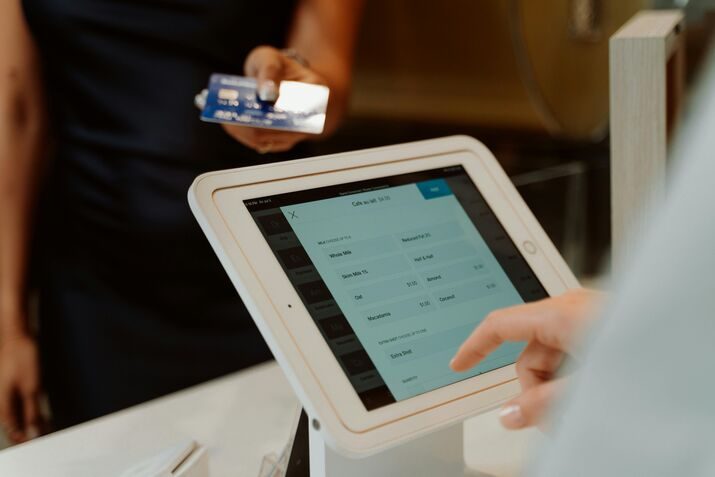5 Reasons Why You Need Salesforce Tableau CRM for Your Business

The recent launch of the Salesforce Tableau CRM brings together expertise in managing the relationship and marketing data with unparalleled data visualization. By combining the strengths of the Salesforce platform with the Tableau visualization capabilities, your business can drive sales and understand data better.
Here are five reasons why you need Salesforce Tableau CRM for your business.
1. Better Insights
Data and reporting have long been strengths of the Salesforce product line, and Salesforce Tableau CRM is no different. However, by adding Tableau’s business intelligence capabilities to the mix of robust data extraction and analysis capabilities, the CRM allows you better to pull data from different parts of your database. As a result, you can build customized reports that will enable you to look at that data from multiple perspectives with reporting that provides more flexibility and functionality.
With Salesforce Tableau CRM, you can not only glean insights from your data but act on them within your workflows. The CRM provides insights, predictions, and suggested actions in a single interface within Salesforce. As a result, the ease of use for your sales and service teams is significant, allowing for faster and better decisions driven by the data.
The insights that the CRM provides enhance team productivity at every turn. Reports are prepared consistently from a single data source, ensuring everyone is working from the same playbook. In addition, users can explore and manipulate data without the risk of accidentally altering or deleting data.
What’s more, the CRM is available across device platforms, including mobile, allowing employees to access critical information while traveling or working remotely.
2. Actionable AI
Artificial intelligence is transforming businesses at every level, including sales. However, leveraging AI often means having a separate technology stack separate from core programming platforms. That means more integration, procurement, customization, extensive updating, and, most importantly, cost.
Salesforce Tableau CRM provides a single stack. That means analytics and AI are in one place, with no need for additional coding, infrastructure, staffing, or unnecessary expense. Instead, analysts can extract and use data directly from the CRM for dashboards, predictive models, and insights.
With the intelligence centralized in the platform being used every day, sales teams and managers are more likely to use the insights as part of their decision-making.
3. Seamless Data
One challenge to collecting all the various data elements available today is formatting. Data can be highly measurable and numerical, such as sales figures and productivity metrics. It can also be qualitative, such as from transcripts of sales calls and messaging statements used in marketing campaigns. However, structured and unstructured data stored in different areas can be challenging to measure, organize and present in a way that helps decision-making. The Salesforce Tableau CRM makes it easy to connect these data points and use them in charts and reports and see how the data correlate and influence.
4. Data Governance and Security
Salesforce Tableau CRM uses role-based hierarchies to provide appropriate access to information. It allows sales and service team members to access data with customized views that do not require a separate login.
The Tableau CRM inherits the role hierarchies directly from Salesforce, automatically knowing roles, access levels, and permissions.
The CRM allows for better adherence to data governance guidelines within organizations and from outside agencies, ensuring that identity, security, and data access align with internal and external compliance mandates. In addition, the structure allows for easy centralized access to data and the ability to merge and curate data from multiple sources, create repeatable processes for preparing and managing data, and allow users to access and consume content based on understandable, accurate, and logical guidance.
5. Fast Deployability and Scalability
Salesforce Tableau CRM is a fast way to get new and existing team members to access powerful insights that lead to more profitability. Deployment can happen quickly without the need for complex data configuration. Enabling and distributing licenses is quick. In addition, as your company grows, so too will the amount of data collected and stored. As a cloud-based solution, Tableau scales quickly without latency issues or the need for additional on-premises hardware.
Salesforce Tableau CRM is a powerful way to grow your business with the insights and visualization needed to make the best decisions at the moment.
We have helped organizations unleash the power of Tableau CRM, contact us to find how we can help your organization utilize the Tabluea CRM for your enterprise reporting capabilities.
#AnalyticsTools #BusinessAnalytics #businessintelligence #CRMSoftware #DataDrivenDecisions #DataVisualization #SalesforceTableauCRM #TableauCRMBenefits





